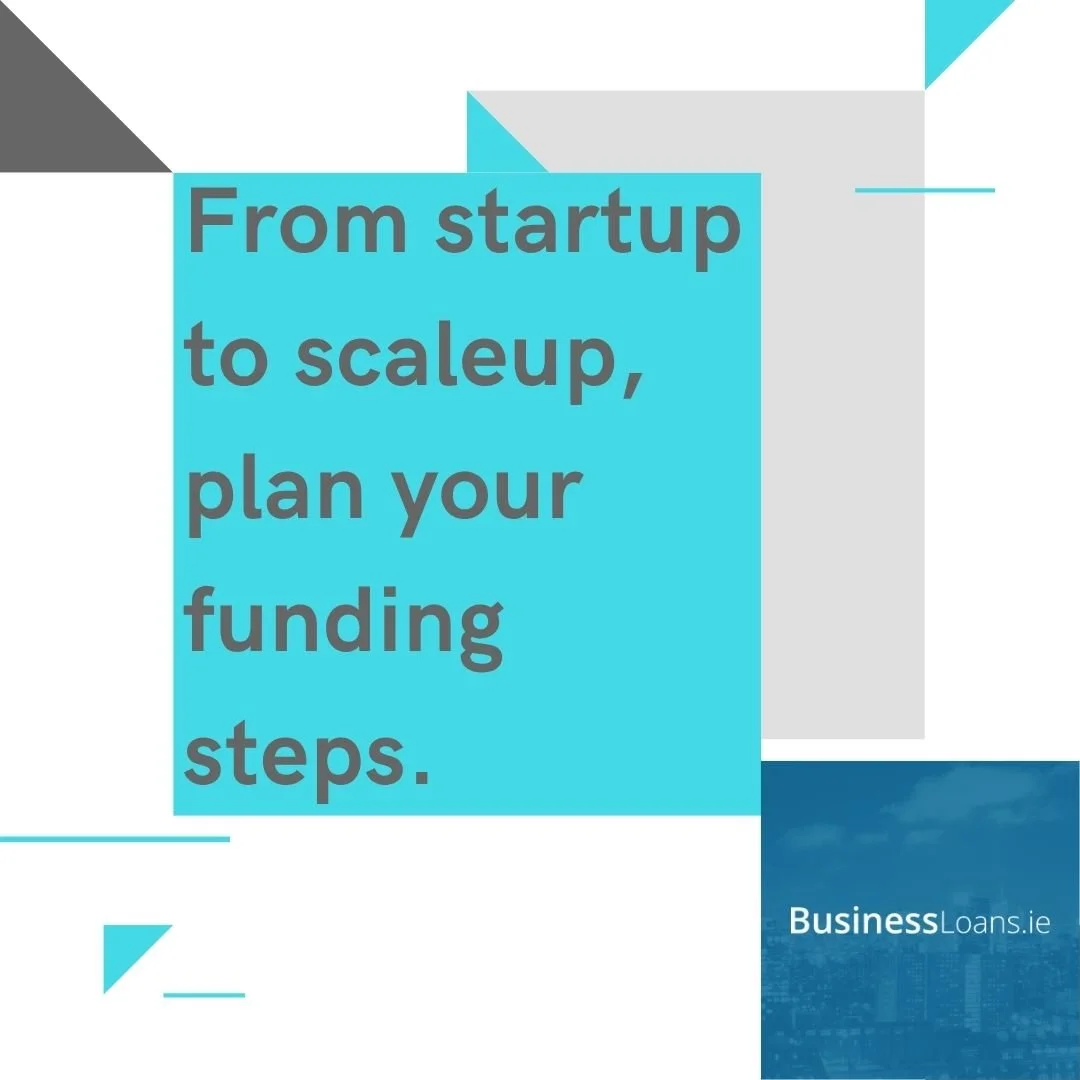Starting a business in Ireland today can feel exciting and overwhelming at the same time. There’s no shortage of opportunity, but navigating the range of supports can be confusing. Between Enterprise Ireland’s start-up programmes, Local Enterprise Office grants, and private lenders, it’s easy to wonder where to begin.
Enterprise Ireland has become a major player in helping founders get started. Its Pre-Seed Start Fund now offers €100,000 to early-stage businesses, and the New Frontiers programme gives training, mentoring and a €15,000 tax-free stipend. Both are aimed at helping people develop their idea into something investor-ready, without giving away equity too soon.
For anyone in the early stages, these kinds of supports can be invaluable. They provide structure, mentorship, and a bit of breathing room while you validate the idea and prepare for growth.
A more connected support network
One of the most useful changes in recent years is the National Enterprise Hub, which brings together 32 different agencies under one roof. This came from real feedback from founders who were tired of searching across different websites and departments for answers. It’s now much easier to find out which supports apply to your situation, whether you’re still testing an idea or already trading.
Enterprise Ireland has also started the Founders Exchange, which gives early-stage companies a chance to meet directly with investors, mentors, and support agencies. That kind of direct contact can make a real difference, especially when you’re trying to make sense of the Irish start-up ecosystem.
When private finance starts to make sense
In the early stages, most founders rely on savings, family help, or government supports. But as the business begins trading and files its first set of accounts, new options start to open up.
Once a company has a full year of accounts filed with the Companies Registration Office and is showing a net profit, it usually becomes eligible for lower-cost business loans from non-bank lenders. That stage is often the turning point where a start-up becomes a small business — and access to credit can expand significantly.
At that point, private finance can help with working capital, equipment upgrades, or expansion plans. The key is to have your financials in order so lenders can see a track record of trading and profitability.
Bringing it all together
Enterprise Ireland’s goal to support 1,000 start-ups by 2029 shows how serious Ireland has become about entrepreneurship. The ecosystem is maturing, and the mix of public and private supports is getting stronger.
For new founders, the most important step is simply to stay informed and plan ahead. Build a funding roadmap that starts with grants and mentoring, moves into revenue growth, and prepares for private finance once the numbers allow it.
There’s no single path that suits everyone. But with the right combination of early supports, careful planning, and solid financial management, Irish founders can turn ideas into long-term, profitable businesses.
